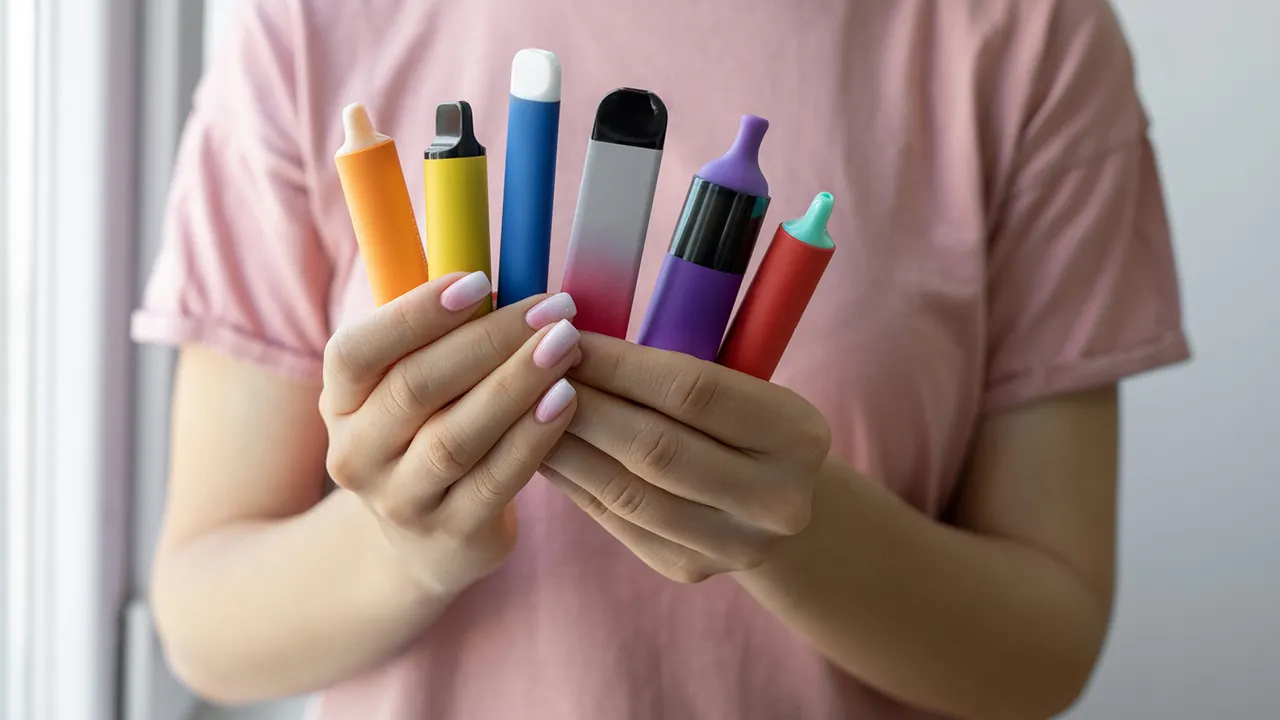21,000% spike in MA vape seizures throws cigarette ban into question, ex-ATF official says

The recent report released by Massachusetts authorities revealed a concerning trend of increased seizures of flavored cigarettes and vapes following the statewide ban. The findings, as highlighted in the annual report from the Bay State’s Illegal Tobacco Task Force, showed a significant spike in vape seizures, with numbers soaring by more than 200,000 units since 2023. On the other hand, seizures of smokeless tobacco and standard cigarettes were on the decline.
The Tobacco Law Enforcement Network conducted calculations that further emphasized the severity of the situation, indicating that Massachusetts police seized a staggering 279,432 vape units in fiscal year 2024, a stark contrast to the approximately 1,300 units seized the previous year. This exponential increase in illegal vape market activity has raised concerns among experts in the field, including former ATF official Edgar Domenech.
Domenech, who specializes in contraband issues, expressed alarm at the findings, describing the situation as an “exploding” illegal vape market. He pointed out that Massachusetts’ decision to ban flavored tobacco products had inadvertently signaled to cartels and smugglers that there was a lucrative opportunity to exploit. The ban, which came into effect in December 2019, has inadvertently fueled a thriving black market for such products.
The former New York City Sheriff highlighted the failure of the ban experiment, citing a 21,000 percent increase in smuggling activities as evidence of its ineffectiveness. Domenech emphasized the need for a reassessment of the ban, noting that while the rule of law is crucial, it is equally important to evaluate the efficacy of new laws and their unintended consequences.
The ban’s impact has not only led to a surge in illegal activities but has also created logistical challenges for law enforcement. Domenech noted that authorities were struggling to find adequate storage space for the confiscated contraband, underscoring the need for a more nuanced approach to addressing the issue.
Despite the ban’s shortcomings, some Massachusetts lawmakers are considering further restrictions on tobacco and nicotine sales in the state. Plans to phase out such products, starting with underage individuals, are in the works, signaling a continued effort to combat the use of these substances.
As the debate over the effectiveness of the flavored tobacco ban continues, it is evident that addressing the complexities of the illicit market requires a comprehensive strategy that considers the broader implications of such regulatory measures. The challenges posed by the ban underscore the importance of a balanced approach that balances public health concerns with the unintended consequences of restrictive policies.




